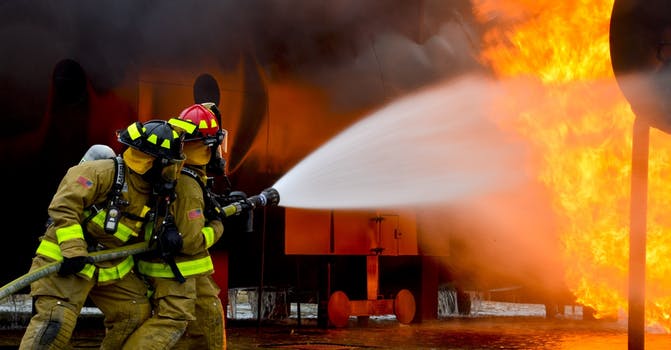The explosions and fires apparently triggered by overpressurized natural gas utility lines north of Boston last month should prompt federal regulators to review and reform how they maintain oversight of the nation’s pipelines, according to an expert in the Center for Energy Studies at Rice University’s Baker Institute for Public Policy.
Rachel Meidl, fellow in energy and environment at the Baker Institute, outlined her insights in a new issue brief focusing on the U.S. Department of Transportation’s Pipeline and Hazardous Materials Safety Administration (PHMSA). In “Post-Boston Incident: A PHMSA Enterprise Opportunity for Continuous Improvement,”Meidl writes that the Merrimack Valley explosions provide the agency with an opportunity to remodel its operations, re-evaluate transparency and collaboration across the agency and reform the way it reviews and develops regulations.
“The natural gas utility fires and explosions … are tragic and perhaps unprecedented,” Meidl wrote. “While preliminary investigative reports indicate overpressurized gas lines as the cause of the disaster, further examination by the PHMSA and other authorities will determine the root cause and contributing factors. Although PHMSA has delegated its authority for the regulation of intrastate pipeline facilities to the Massachusetts Department of Public Utilities, PHMSA is ultimately responsible for issuing and enforcing minimum safety regulations for interstate and intrastate pipelines.”
PHMSA executes its mission through two primary safety programs: the Office of Pipeline Safety (OPS) and the Office of Hazardous Materials Safety (OHMS). “While each program office has distinct statutory authorities and two separate budgets, there are natural intersections in the day-to-day operations as well as priorities and initiatives originating from the White House, the secretary of transportation, Congress and other key entities,” Meidl wrote. “This divergence can trigger gaps in communication, distinct and conflicting initiatives and uncoordinated and separate policies and processes for rulemaking; regulatory review; employee training; research and development; outreach and engagement; grant solicitation and funding; data collection, analysis and maintenance; and how the agency responds to audits from external parties.”
An incident such as the one that occurred outside of Boston could prompt PHMSA to reconfigure the agencywide accident investigation process, something the new administrator, Howard “Skip” Elliott, has been working toward since taking office, Meidl said.
“In fact, nearly every prior administrator has attempted this unsuccessfully,” she wrote. “Shortly after the administrator was sworn in, he unveiled his vision and priorities. Among the changes was restructuring and unifying the accident investigation process in which each program office (OHMS and OPS) would leverage each other’s resources and expertise — a one-PHMSA approach that is diametrically opposed to the segregated pathways of the current program. Presently, each program has a dedicated accident investigation team and separate processes, which theoretically is reasonable as hazmat and pipeline safety retain their own statutory authorities and are separately funded. However, this fundamental separation in authorities and budget between OHMS and OPS has inevitably led to disparate operational management, business practices and policies across PHMSA.”
Pipeline transportation is one of the safest and most cost-effective ways to transport natural gas and hazardous liquid products, Meidl said. “As the scope and complexity of PHMSA’s safety mission continue to grow and evolve and the U.S. continues to develop and place more demands on energy transportation, it becomes imperative to invest in upgrading its infrastructure, including aging pipelines, and to evaluate the comprehensiveness and effectiveness of current regulations,” Meidl wrote.
“The Boston event along with the expanding energy market may also be the impetuses PHMSA needs to reconsider its optimal organizational configuration for the most effective and efficient use of resources that prompts the agency to improve safety, not only for our aging pipelines, but for the entire transportation and infrastructure network,” she wrote. “This will allow the agency to unify and modernize processes, technologies and regulations and to track performance at the program and agency levels, which will ultimately result in corporate efficiencies, a benefit that will undoubtedly extend to safeguarding the public.”
Meidl concluded, “Irrespective of who is in office, PHMSA’s core mission remains constant — safety.”
Meidl is a former deputy associate administrator of the PHMSA. At the Department of Transportation from July 2015 to June 2018, Meidl led development of domestic and international policy interests and oversaw the department’s delegations to the United Nations International Civil Aviation Organization, the United Nations Transportation of Dangerous Goods Council and the International Atomic Energy Agency.




